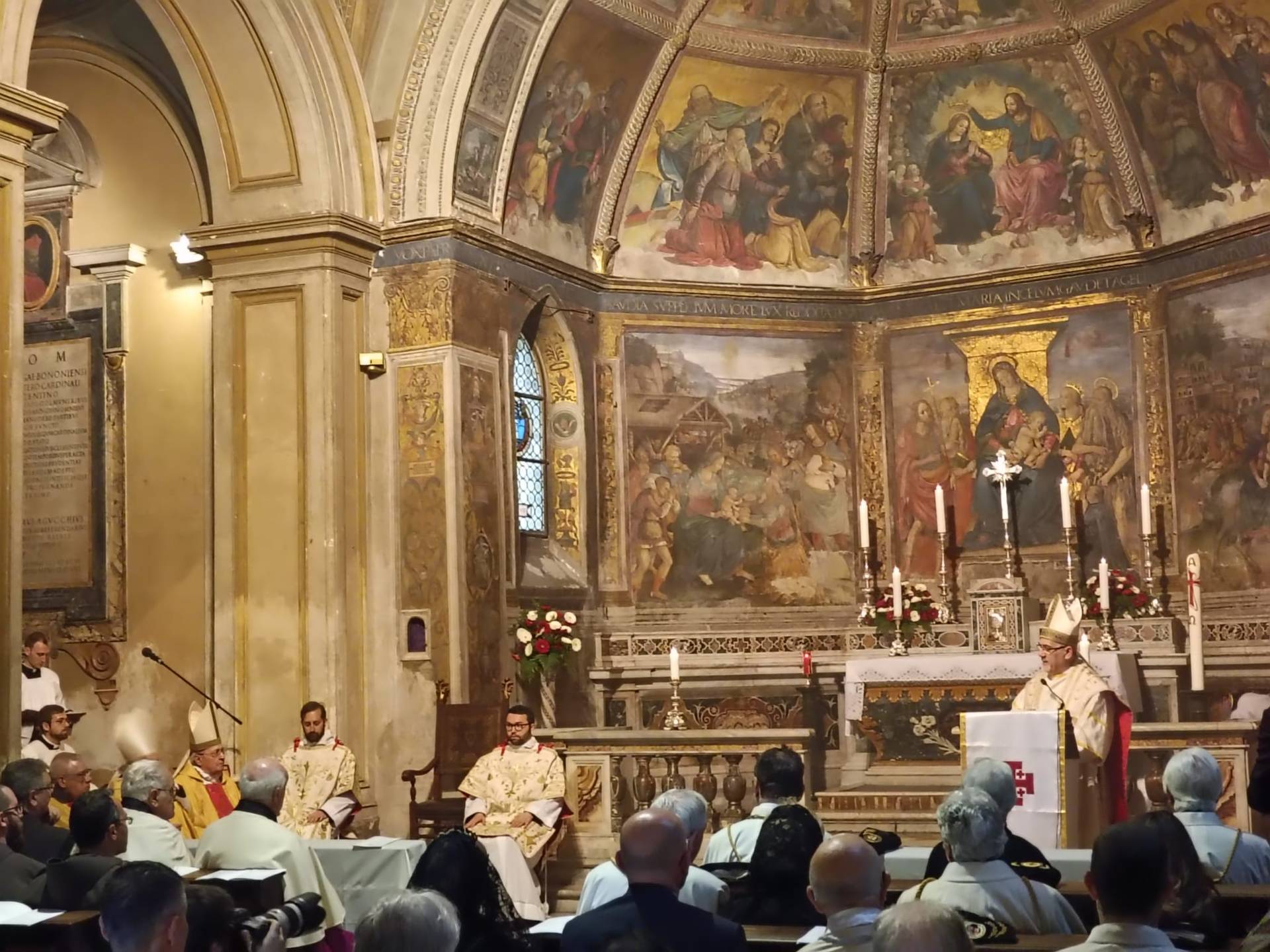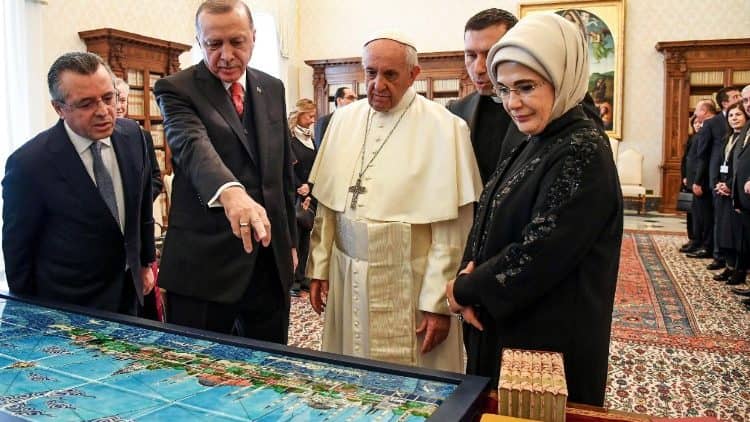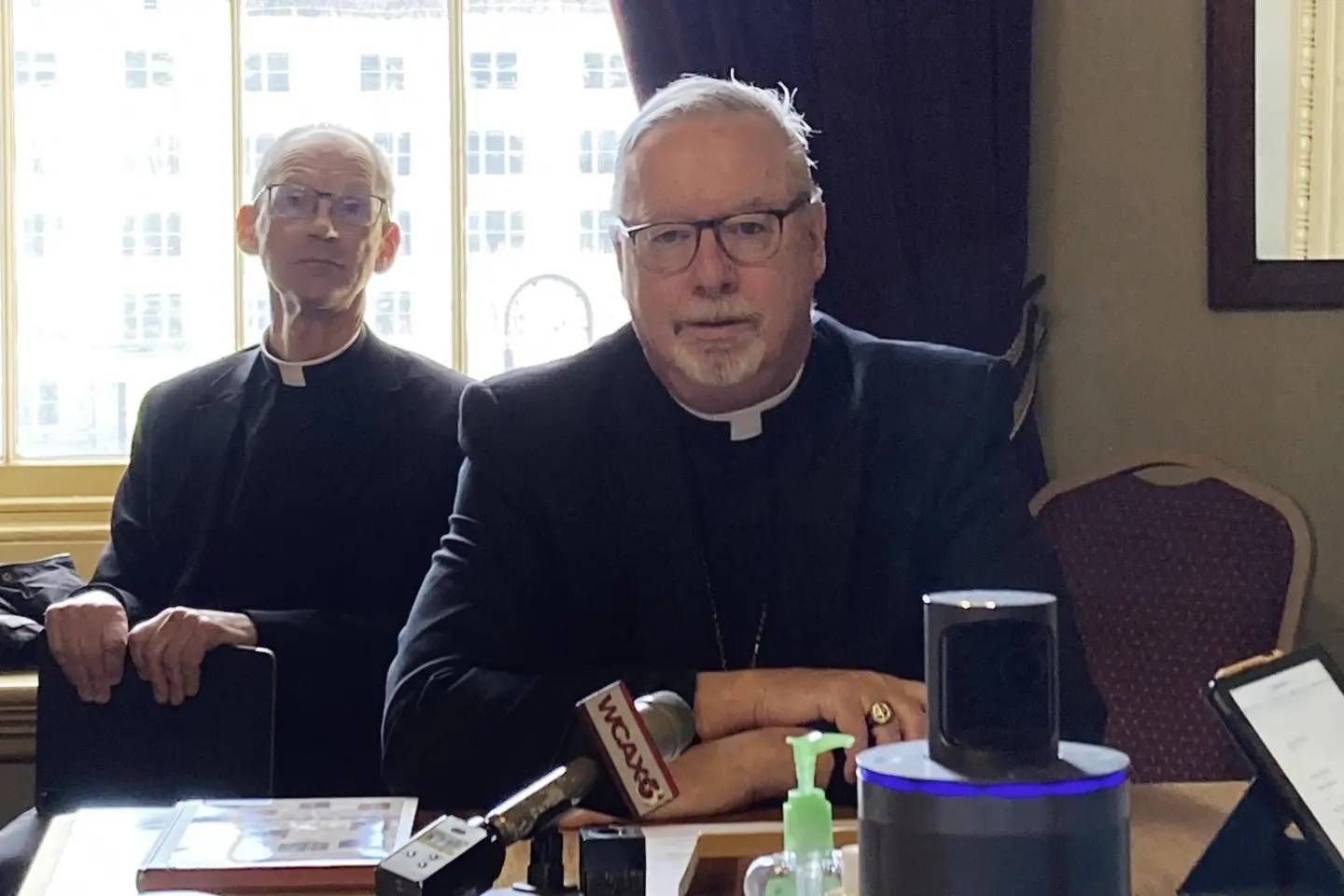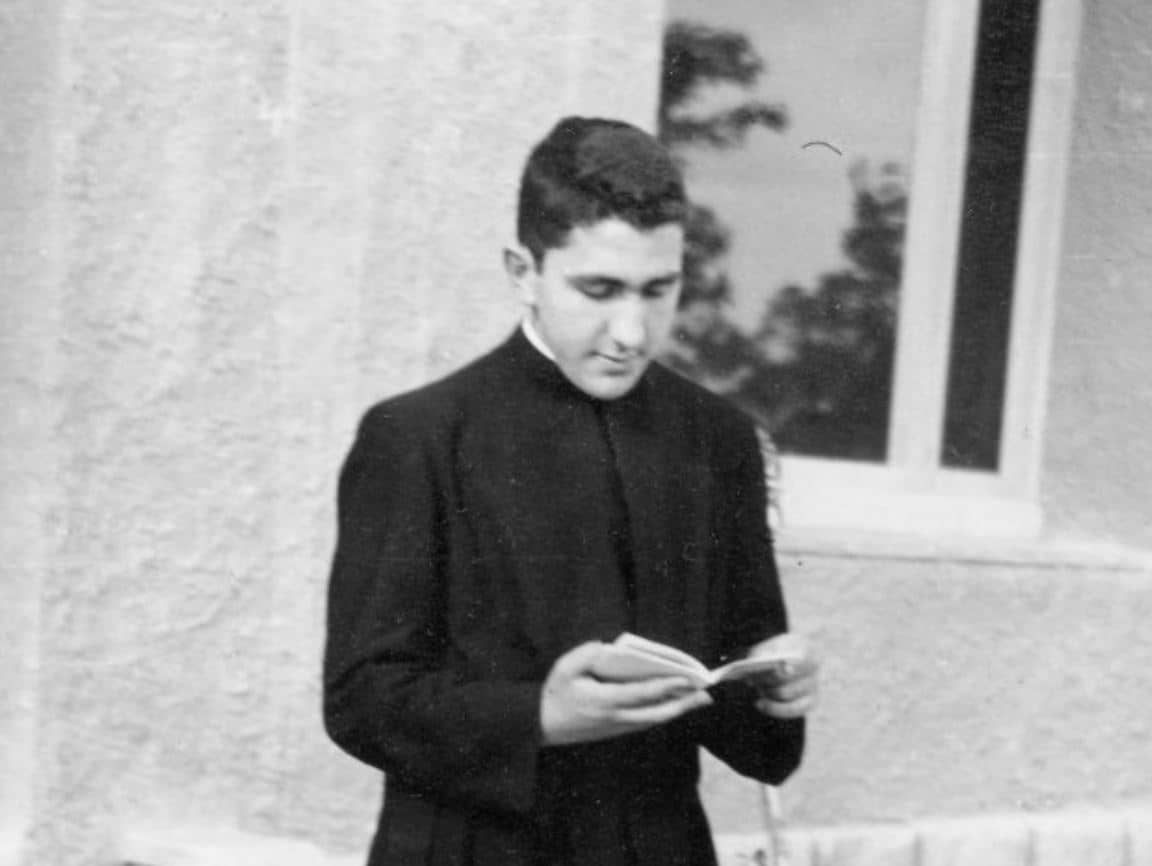Cirilo Flores was an attorney when he had a midlife change of heart and became a Roman Catholic priest, leading to a brief tenure as the first Hispanic bishop of San Diego.
Flores, who died Saturday at 66 after a battle with prostate cancer, made it a priority during his tenure to recruit men and women who, like him, had a desire to serve the Church but didn’t always recognize it, said John Bertrand, president of the Knights of Columbus’ San Diego chapter.
“His story is typical of other men of late vocations,” Bertrand said Sunday. “It kind of enters their mind in college or high school and they kind of dismiss it … Every once in a while he would think about it and then he finally said this is too strong.”
Flores was ordained a priest in 1991 when he was 42 years old. He had graduated from Stanford University School of Law and practiced law in Southern California for 10 years before he entered seminary.
Flores served various churches in the Diocese of Orange, south of Los Angeles, until being elevated to auxiliary bishop for the diocese in 2009. In 2012, he was named coadjutor for the San Diego diocese, putting him in line to replace Robert Brom, who retired when he turned 75. Flores became bishop in September 2013, overseeing nearly 1 million Catholics in San Diego and Imperial counties.
Flores was born June 20, 1948 in Corona, east of Los Angeles, the third of six children. U-T San Diego reports that his father, also Cirilo, was an immigrant from the Mexican coastal state of Sinaloa.
The Knights of Columbus paid for Flores’ tuition at Riverside’s Notre Dame High School because his family couldn’t afford it, Bertrand said, and Flores remained active in the organization throughout his life.
As bishop, Flores was known for his gregarious style and dedication to serving the poor.
“He’s had a huge impact on everyone already,” Bertrand said. “He’s almost like a local Pope Francis, He’s an outgoing person, he loves to be with people. He doesn’t want fancy houses.”
Flores suffered a stroke at his office in April. The church said last week that his cancer was “widespread, very advanced and very aggressive” and that he was not a candidate for chemotherapy due to the late stage of the disease.
Funeral arrangements were pending.













